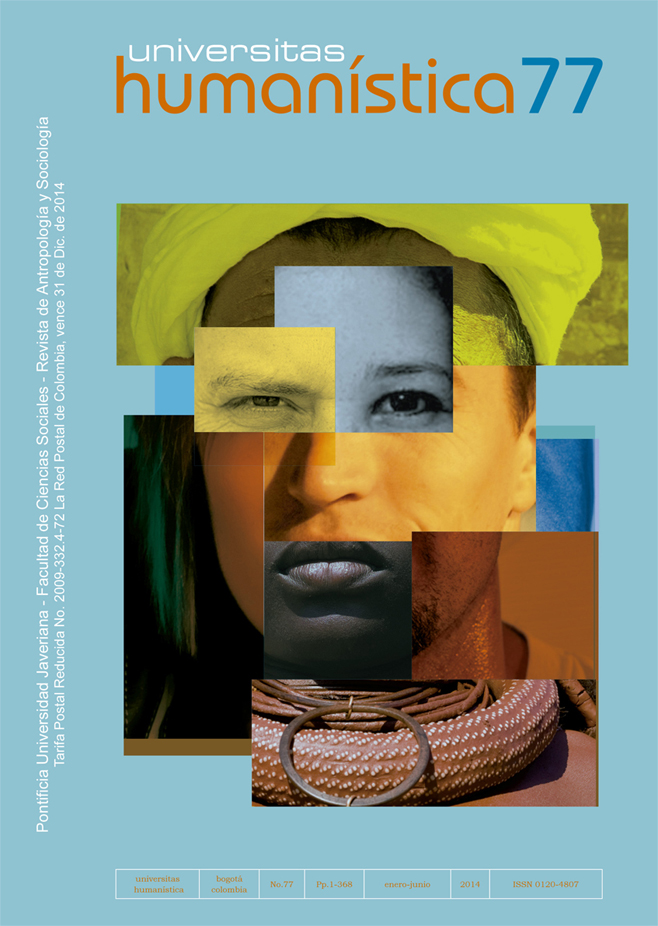The Creation of the Indianist Week. Indianness, Folklore and Nation in Bolivia
##plugins.themes.bootstrap3.article.details##
During the first half of the twentieth century in Bolivia a redefinition of the contours of national identity occured. Throughout this period, marked by the indigenous rebellion led by Zarate Willka in 1899, the specter of the race war and the Aymara migration to the city of La Paz resulted in the reconfiguration of the notions of Indian and race. This article discusses these changes from a historical perspective through the study of the so-called Indianist Week organized in 1931. It specifically analyzes the influence that the condensation of artistic, intellectual and public rituals, which staged indigenous elements, had in the reconfiguration of the concept of race and its concomitant transformation of the conceptions of Bolivian identity, Indianness and folklore, contributing to the formation of ambivalent representations, typical in the particularities of the Bolivian indigenism from the early twentieth century.
Nação, Raça, Indianidade, Folclore, Bolívia, Siglo XXNation, Race, Indianness Folklore, Bolivia, Siglo XXNación, Raza, Indianidad, Folklore, Bolivia


